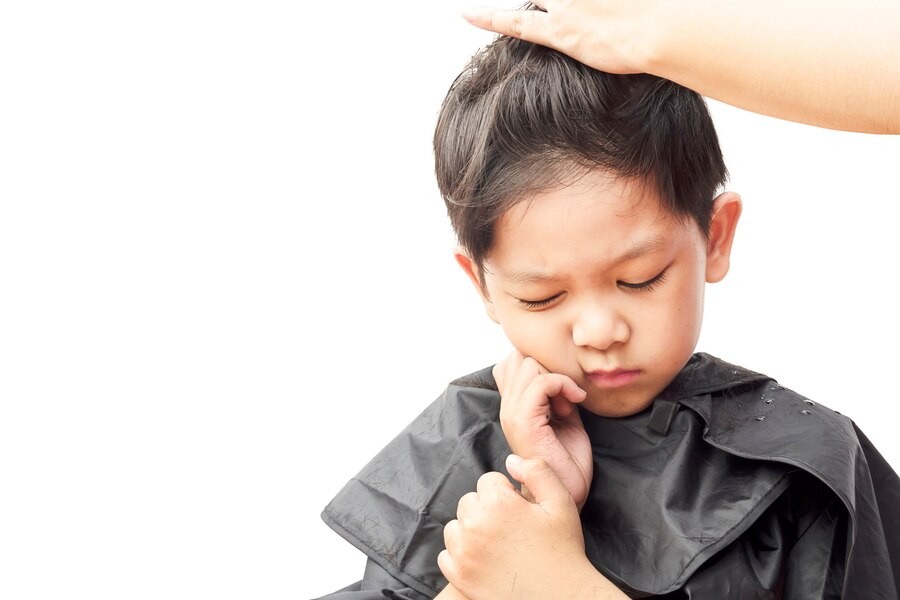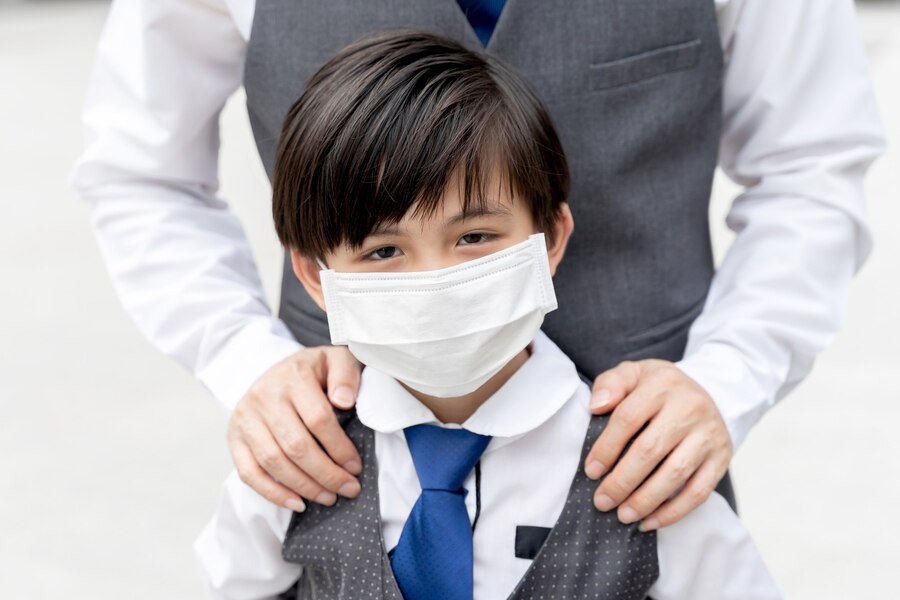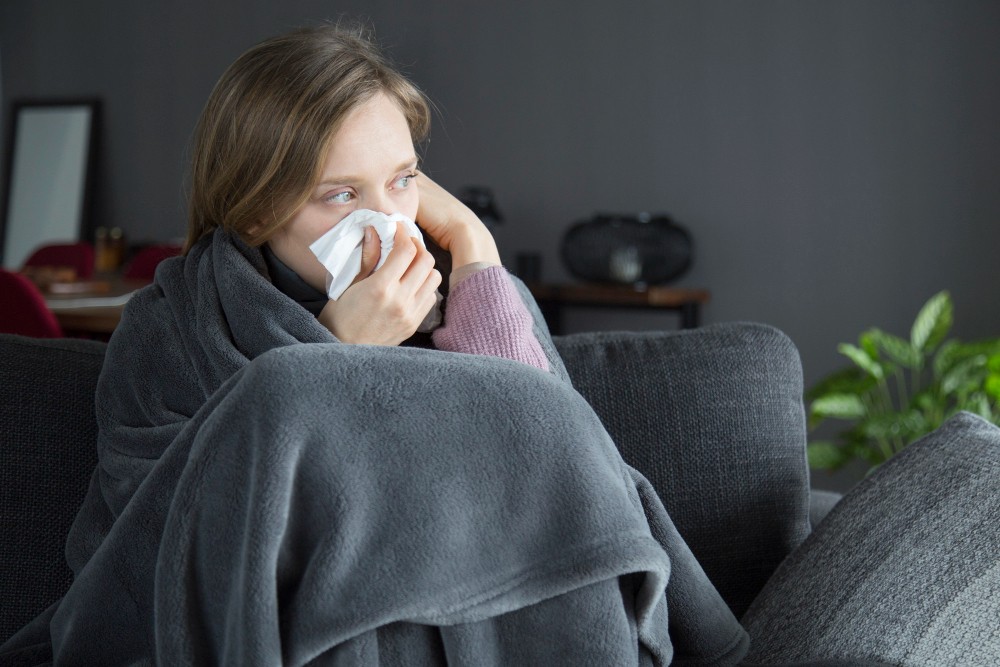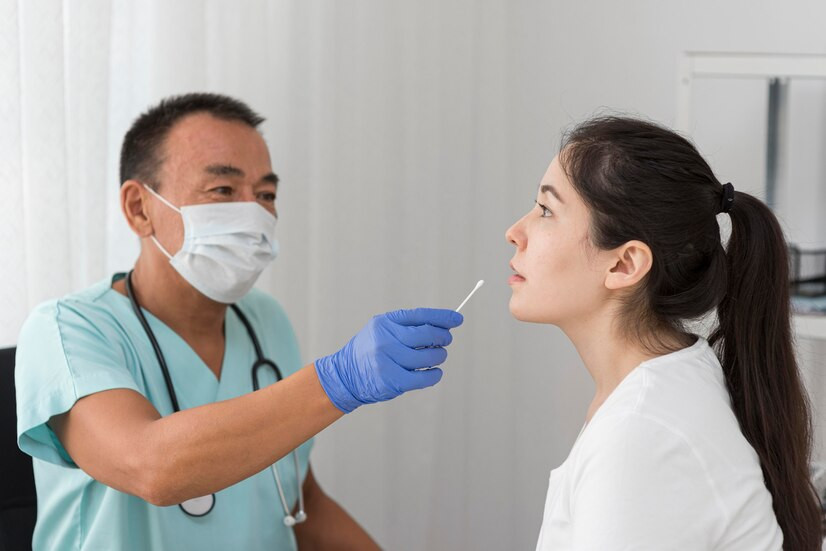Mumps is a viral infection caused by the mumps virus, which spreads easily through droplets from an infected person.
Children are particularly vulnerable to this infection due to their still-developing immune systems. Additionally, children are often in settings like schools and playgrounds, where the virus can spread quickly through coughing, sneezing, or close contact, increasing the chances of infection.
How to Prevent Mumps In Children
Mumps causes painful swelling in the lower neck area, along with fever and irritability, making children more prone to fussiness and frequent crying.
To help prevent mumps in children, here are some key preventive measures:
MMR Immunization
One of the best ways to prevent mumps is through the MMR vaccine (measles, mumps, rubella).
The vaccine is highly effective in protecting children from mumps, and it is typically given in two doses. The first dose is administered at 12 to 15 months, and the second dose is given at 4 to 6 years of age. After receiving both doses, the MMR vaccine is about 88% effective at preventing mumps.
Maintain Personal and Environmental Hygiene
Since the mumps virus spreads easily in places where children are active, it’s important to teach children to wash their hands regularly with soap and water, particularly before eating and after playing. Make sure children do not share personal items like eating utensils, glasses, or toothbrushes with others.
Keeping the environment clean is also vital. Regularly clean toys and surfaces that children frequently touch to reduce the risk of virus transmission.
Avoid Contact with Sick People
If someone in the household or at school has mumps, it’s important to keep children away from them to avoid infection. The mumps virus is spread through saliva droplets and by touching surfaces contaminated with the virus.
Provide Masks For Infected Children
Encourage children to wear masks when they are sick to prevent the spread of germs. Masks help capture saliva droplets when children cough or sneeze, preventing the virus from spreading to others. Family members who are also unwell should wear masks to prevent infecting the children.
Boost Children’s Immune System
Ensuring that children eat a balanced diet and get enough rest is crucial in supporting their immune system. Providing foods rich in vitamins and minerals, such as fruits, vegetables, and protein, helps boost their immunity. Regular physical activity also contributes to overall health and strengthens the immune system.
A strong immune system will help protect children from mumps and other infectious diseases. Maintaining a healthy lifestyle and good nutrition supports their natural defenses against illness.
If you have any concerns about mumps or your child’s health, don’t hesitate to consult a doctor. You can use the Ai Care health consultation service by downloading it from the App Store or Play Store.
Want more information on pregnancy, breastfeeding, women’s, and children’s health? Click here!
- dr Hanifa Rahma
Health Direct (2022). Mumps. Available from: https://www.healthdirect.gov.au/mumps
Cleveland Clinic (2022). Mumps. Available from: https://my.clevelandclinic.org/health/diseases/15007-mumps
Nationwide Children's (2022). Mumps in Children. Available from: https://www.nationwidechildrens.org/conditions/health-library/mumps-in-children
Stephanie Booth (2024). Mumps. Available from: https://www.webmd.com/children/what-are-the-mumps
Raising Children (2024). Mumps. Available from: https://raisingchildren.net.au/guides/a-z-health-reference/mumps
CDC (2021). Measles, Mumps, and Rubella (MMR) Vaccination: What Everyone Should Know. Available from: https://www.cdc.gov/vaccines/vpd/mmr/public/index.html












